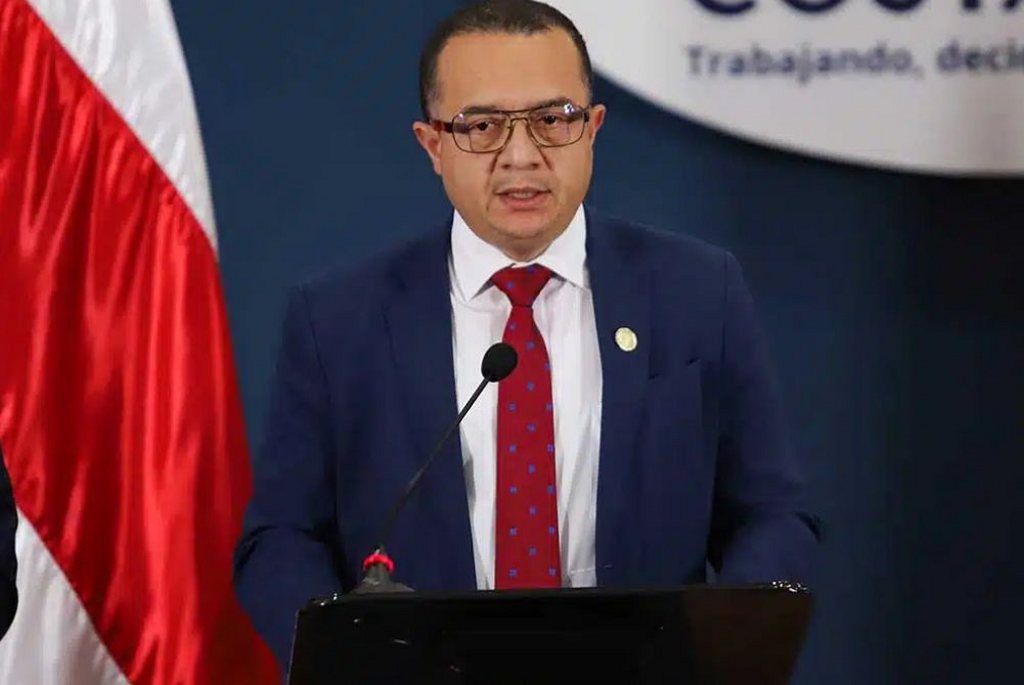More than 4.5 million Venezuelan refugees and migrants residing in Latin America and the Caribbean have regularized their migratory status since 2019, of which 1.3 million did so in 2024 alone, thanks to a new strategy that aids their integration, announced the Regional Platform for Inter-Agency Coordination for Venezuelan Refugees and Migrants this Friday. (R4V).
“This (the regularization of the 4.5 million Venezuelan migrants) is thanks to the efforts of the governments that have established the regulatory processes within each legal framework.” “We must acknowledge the international institutions that have helped us,” said the inter-agency coordinator of R4V, Johan González.
This has been made possible thanks to the “proactive measures” taken by the host governments and the financial support of the international community, as highlighted in a statement by R4V, which now presents its 2025-2026 response plan in Panama to address the needs of Venezuelans, amid the crisis caused by the Venezuelan elections last July, in which the electoral body awarded victory to President Nicolás Maduro amid the opposition’s “fraud” allegations, grouped in the Democratic Unitary Platform (PUD).
The plan, developed to address these urgent needs and prevent unnecessary subsequent movements, requires 1.4 billion dollars in its first year, they announced. This funding will support more than 2.3 million vulnerable refugees and migrants and their host communities in 17 countries in Latin America and the Caribbean.
Solidarity and sustained financial support
To make this a reality, the commitment of the international community to provide “solidarity and sustained financial support” to host countries and partners of the R4V Platform is considered “essential.”
The Regional Response Plan for Refugees and Migrants (RMPR) is coordinated by R4V and co-led by the International Organization for Migration (IOM) and UNHCR, the UN Refugee Agency.
“By ensuring this funding, vital assistance will be provided and long-term initiatives will be implemented to foster successful stabilization and socioeconomic integration processes, while addressing discrimination and improving access to documentation, healthcare, and decent employment,” states that organization.
According to the 2024 Regional Analysis of Refugee and Migrant Needs (RMNA) by R4V, it is estimated that among the 6.7 million Venezuelans living in Latin America and the Caribbean, “82% have informal jobs, more than a third are in irregular situations, and 53% face obstacles in accessing healthcare.”
According to this data, many receive unfair wages, which means that “42% cannot provide enough food for their families and 23% live in overcrowded conditions,” needs that “are even greater” among refugees and migrants of other nationalities passing through the region, with up to 90% lacking essential services such as food, protection, and shelter.
“We need to see what external factors have harmed integration and informality.” The economic situation in Latin America and the Caribbean is quite low in growth compared to other regions of the world. This not only affects the income of migrants but also the host communities, as well as their livelihoods,” explained González.
Integration and ongoing challenges
R4V acknowledges that despite the “significant progress” in the integration, stabilization, and humanitarian assistance for Venezuelan refugees and migrants, challenges such as economic and political instability, insecurity, and social inequality persist, which “make it difficult for migrants and refugees to support their families in host countries.”
Therefore, R4V considers that the efforts to regularize the refugee status in Latin America and the Caribbean must be complemented with “solid initiatives for stabilization and socioeconomic integration, which include education, healthcare, validation of professional skills, access to the formal labor market, livelihood opportunities, and banking services.”
Eduardo Stein, joint special representative of UNHCR and IOM for Venezuelan Refugees and Migrants, believes that “the integration of refugees and migrants is crucial for building inclusive and resilient societies.”
“When migrants and refugees are empowered to fully contribute to their communities, they enrich the social fabric and at the same time drive economic growth and innovation,” Stein stated.
By ensuring access to essential services, such as labor markets and social networks, “we create a situation where everyone wins: refugees, migrants, and host communities,” stated the high-ranking UN official.
– Advertisement –
Source link
TCRN STAFF



